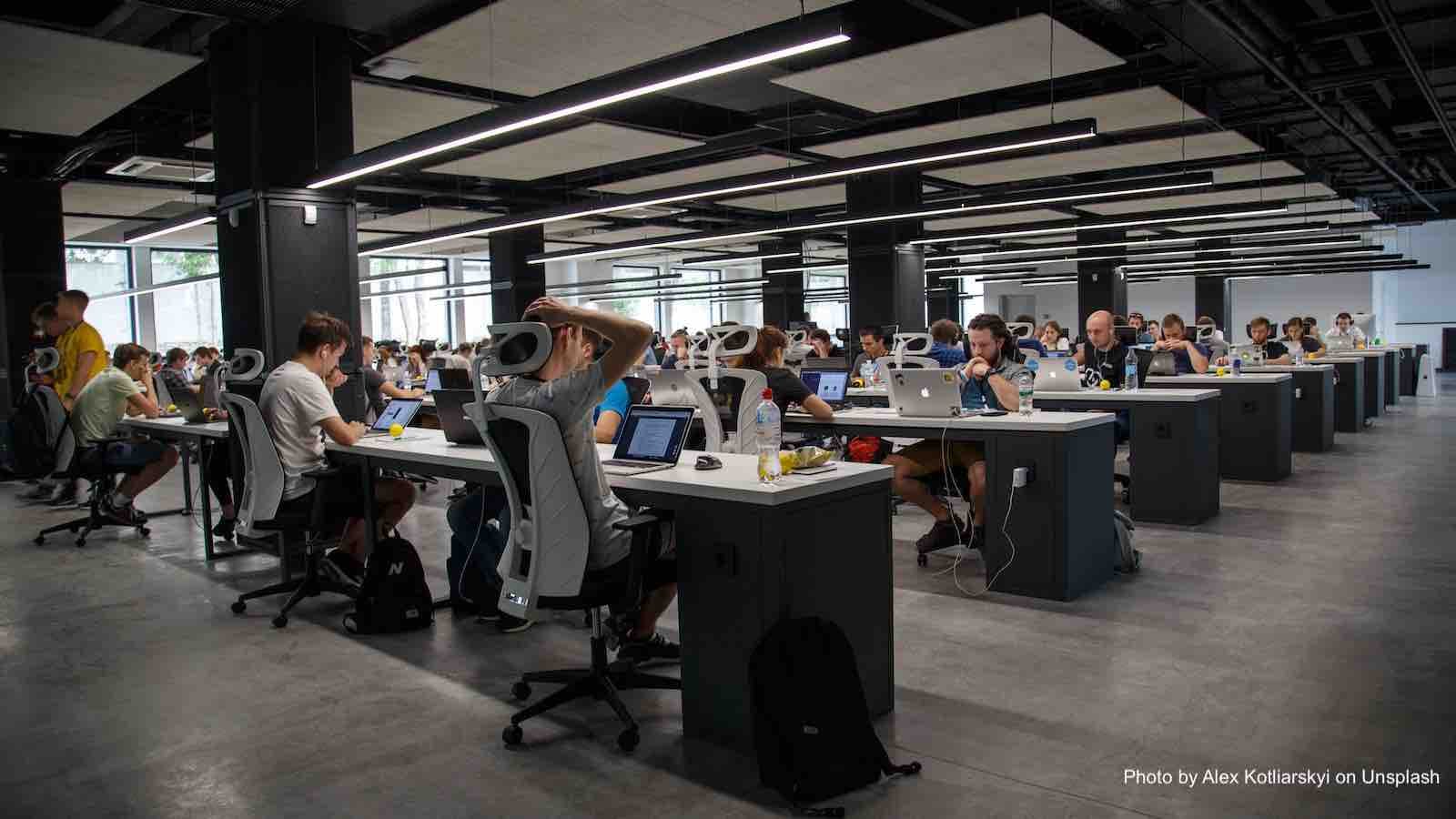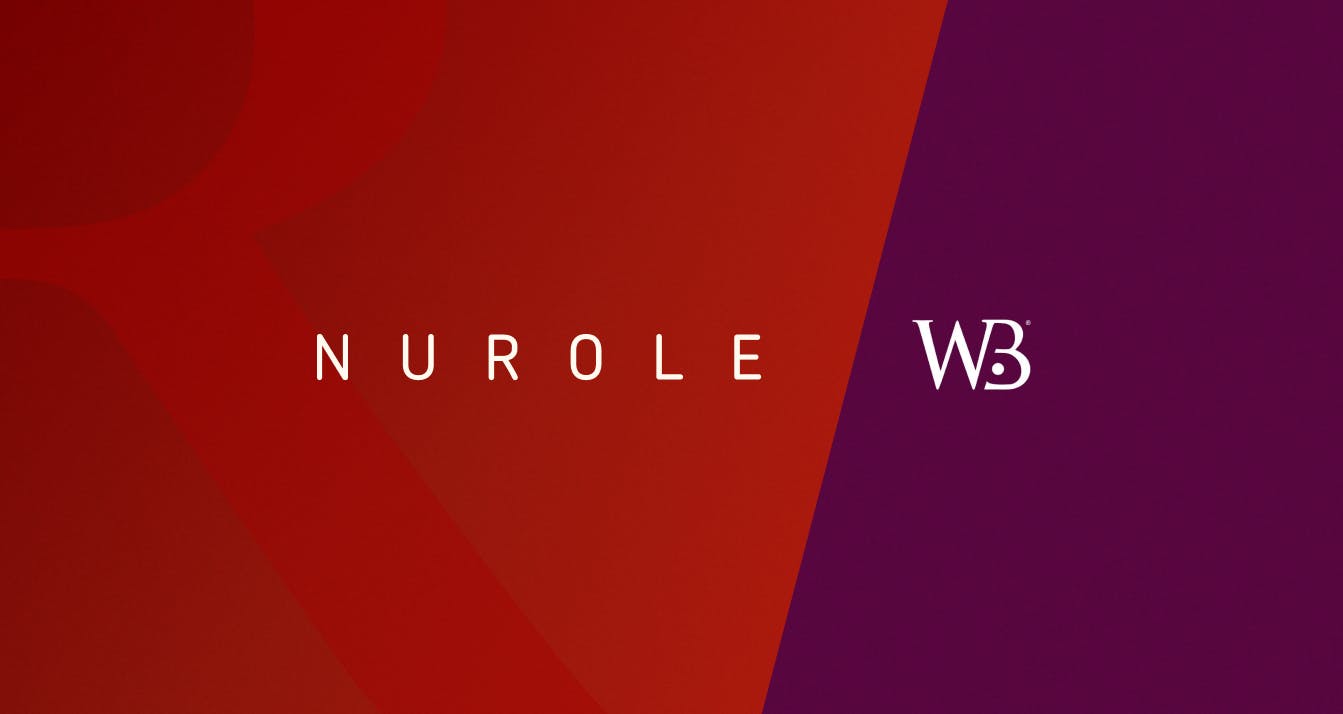
The Kantar Inclusion Index reveals how diversity and inclusion rates differ globally
Data insight company Kantar has launched the world’s first inclusion and diversity index based on employee feedback from around the globe. The results are both predictable and in some cases probably unexpected.
The Kantar Inclusion Index surveyed 18,000 people in 14 countries, working across 24 different industries to produce what it terms is "a new global standard in marking progress towards achieving equality and inclusive ways of working." The new inclusion index is designed to be a benchmarking and change management tool to help companies move the ‘inclusion and diversity’ conversation from a tick the box exercise to actually ‘making each head count.’
Health and Pharma the most inclusive sector
The health and pharma sector ranked as the most inclusive and diverse industry globally in the Kantar Inclusion Index, while the tech industry was shown to be significantly behind. Within the health and pharma industry, gender representation at senior level is split equally, 59% of workers believe their company is actively trying to be more inclusive and diverse and over 65% believe it supports employees regardless of who they are. With 19% of employees reporting being bullied in the past year, however, it shows that there is still work to be done in this sector.
Canada is the most inclusive country
Canada tops the leader board when it comes to the most inclusive and diverse country in which to work, this is driven by good gender representations (over 40% female) at senior levels; and 65% of Canadians believing their companies are actively trying to be more inclusive and diverse and supportive of all employees, regardless of who they are. On the downside, 20% of Canadians reported experiencing bullying in the past year.
The USA comes a close second, with the drivers here being equal gender representation at senior leadership level, and 30% representation at senior leadership in terms of ethnicity; 63% of Americans believe their company is actively trying to be more inclusive and diverse and 67% believe their company supports all employees, regardless of who they are. But, despite this rosy picture, 17% of Americans said they had experienced bullying in the past year.
Brazil, Mexico and Singapore were the countries found to have the highest levels of workplace bullying. Italy, Netherlands and Spain were the countries found to have the lowest levels of bullying.
Global highlights
Overall, the Kantar Inclusion Index found that 80% of employees around the world have observed or experienced discrimination and that only a third felt empowered to escalate the matter to their HR department. While, 19% of employees reported being bullied, undermined or harassed in the workplace in the past year, and this rose to 23% for people of an ethnic minority background and 24% for gender-non-binary identifying individuals.
Focussing on gender, 27% of women have been made to feel that they don’t belong in their workplace and 20% of women believe they are paid less than peers at a similar level. It was also found that LGBTQ+ identifying individuals represent only 2% of board director roles, versus an estimated 9% of the global workforce.
Ethnic minorities were shown to have a different experience of the workplace too, with 11% of employees identifying as an ethnic minority believing that they are treated very differently at work because of their ethnicity; 13% feel excluded and 28% consistently feel anxious in their jobs specifically because of their ethnicity. Almost a fifth (19%) of all workers believe colleagues of an ethnic minority have had career progression damaged in their current company because of their ethnicity.
The full Kantar Inclusion Index white paper can be downloaded here.
Nurole is the global platform changing the way organisations bring the best people on to their boards. Find out how it works for talented people looking for the best board level positions, and for organisations looking to hire the best board level talent.





